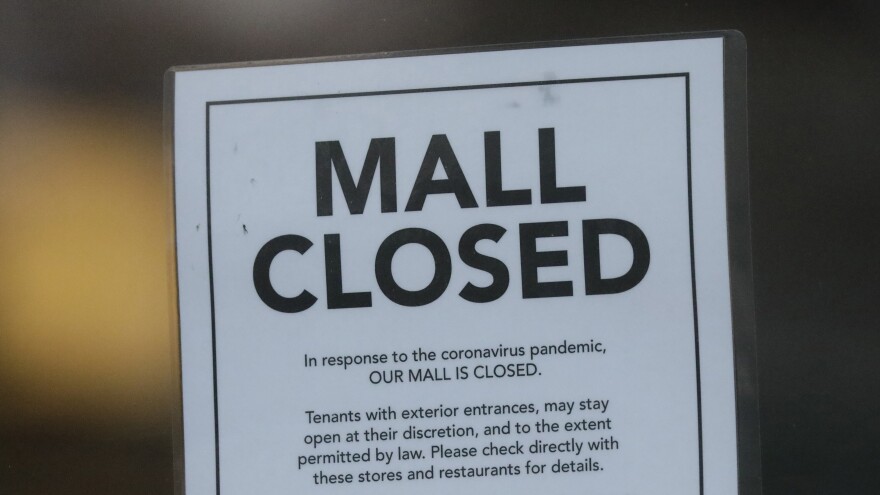The $2 trillion coronavirus aid package approved by the federal government is far from enough to help struggling families, according to Duke University professors.Andrew Foster heads the Community Enterprise Clinic in the Duke Law School. He says the CARES Act funding is just a drop in the bucket.
"The $1,200 or $2,400 checks the IRS is starting to send out hopefully this week, that's a one-time payment right now," Foster said. "That really needs to become a monthly payment so low-income and middle-income families have a regular source of income for the duration of this crisis."
Another $4 trillion is needed to really help vulnerable populations, he added.
The coronavirus disproportionately affects African Americans because of health disparities and other issues, according to Sandy Darity, a professor of Public Policy, African and African American Studies, and Economics at Duke University.
"But there's also another pre-existing condition which is associated again with the long, historical trajectory of racial injustice in the United States," Darity said. "And that is the vast wealth disparity that exists between black and white Americans."
Darity points out that African Americans make up about 13% of the nation’s population but possess less than 3% of the country’s wealth. He says the CARES Act will disproportionately help those already in sound economic position. He supports a "federal job guarantee" for low-wage workers.







